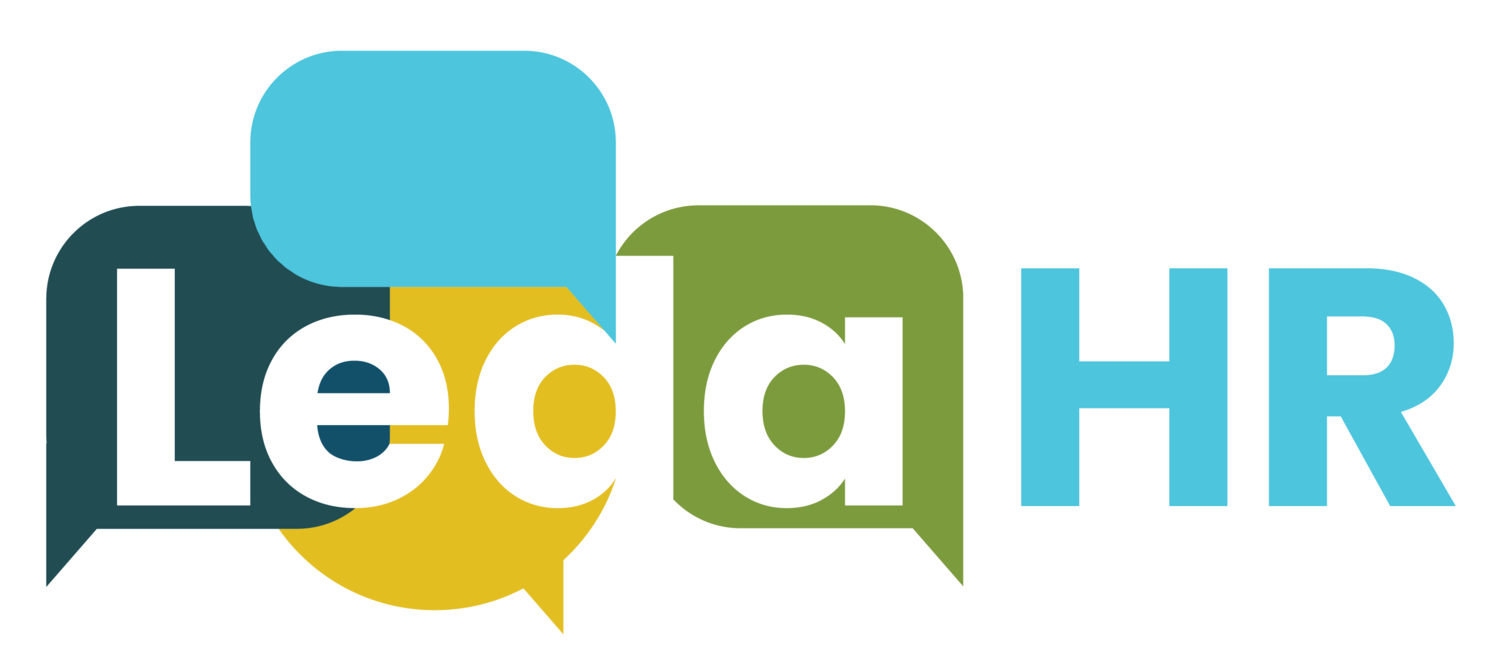Territorial Acknowledgments: Why They Matter
By Kristin Bower, Partner, Leda HR
I am writing this from the traditional unceded territory of the Coast Salish People. My house is located on the land that the people of the Katzie First Nation have called home for thousands of years, far longer than I, or my family, have. I am deeply grateful to the Indigenous people who have been the traditional custodians of this land that I love.
Territorial land acknowledgments are commonplace here in British Columbia, the Western-most province in Canada. They are frequently the way that we start conferences, meetings, workplace gatherings and government council meetings and announcements to the public. More and more organizations are also adding the acknowledgment to their websites and employee email signatures.
But some are choosing to say no. The City Council of Surrey, British Columbia being one. Recently they voted down a motion to incorporate the land acknowledgment into the start of council meetings. The city with the largest urbanized Indigenous population in the province chose to reject this motion, an act of inclusion.
Why does the land acknowledgment matter? The short answer is that it is respectful; it is a way to acknowledge the deep connection that Indigenous people have to this land. It is also a way to weave in a reminder that Indigenous people have been here since the beginning of time. In British Columbia, we have the unique distinction of being on unceded land. That is to say that the land was not given, it was taken.
More importantly, what does the land acknowledgment mean to Indigenous people? I asked my friend Asha Frost, an Indigenous (Ojibwe) Medicine Woman for her perspective:
“Land acknowledgements root everyone back to the truth that we are still here. In my experience it instantly opens folks up to gratitude for the Land that they are standing upon and reminds people that our colonial and oppressive history cannot be erased. As Indigenous people we place ourselves in relationship to the Land, we don’t own it – we have kinship with it. When we speak these words, we acknowledge that treaties have been broken and repair is needed. Land acknowledgements are so much more than words spoken; when done well, they create ripples of healing past, present and future.”
When my consulting partner, Annika, and I speak of inclusion we describe it as this: when you feel seen, heard, valued, respected. Speaking the words of a territorial land acknowledgment – and most importantly, understanding them and feeling them - is just one way that we non-Indigenous people can begin to do our part on the path to Reconciliation.
Want to learn more about Reconciliation and how organizations across Canada can play their part? Check out these great resources:
Truth and Reconciliation Commission Reports

